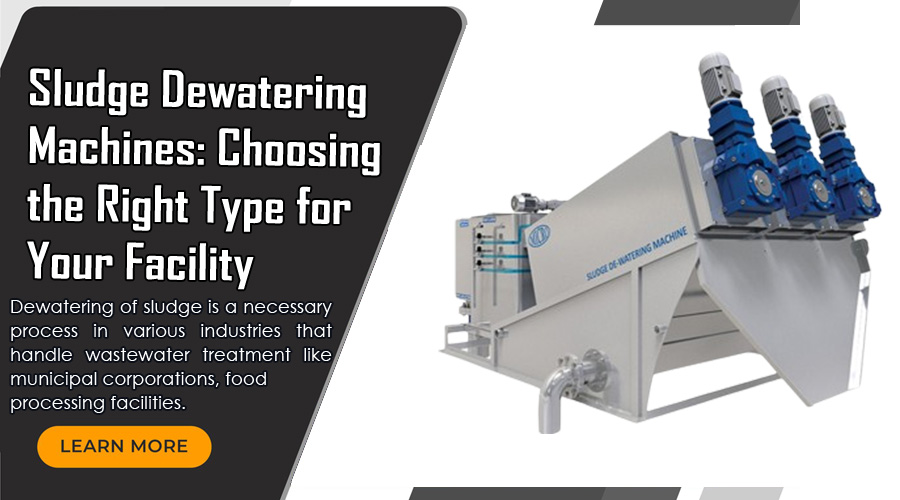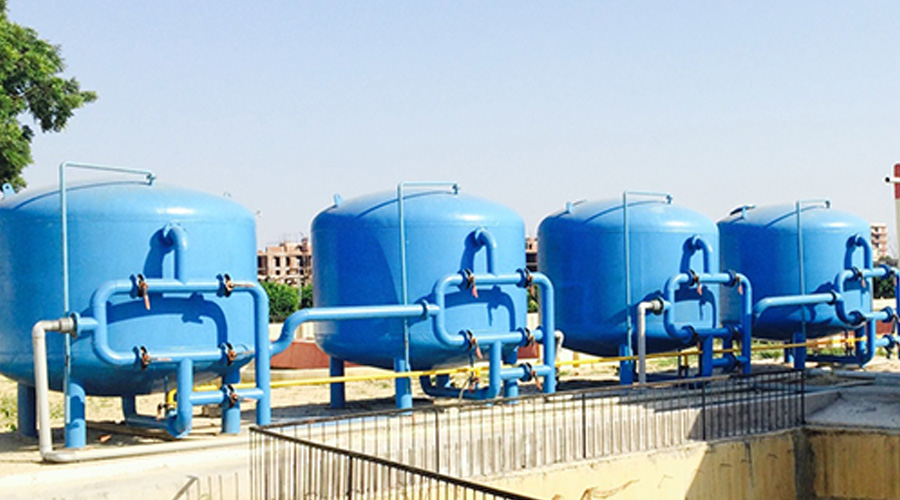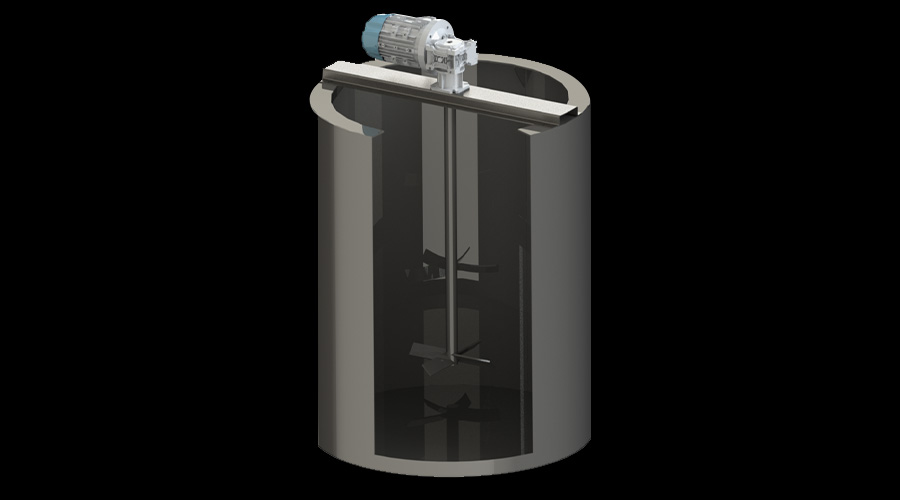Sludge Dewatering Machines is a necessary process in various industries that handle wastewater treatment like municipal corporations, food processing facilities and chemical plants. It also reduces the amount of scavenge waste in high volume, thereby reducing the cost for disposal.
Choosing an appropriate sludge dewatering equipment India is very important for utility and efficiency of dewatering equipment, working costs, investment return and environment protection. In this blog, we’ll break down the various types of dewatering equipment at your facility, and how to decide which type is best.
Belt Filter Presses
They are also very common in plants with a large water and sludge flow, as they are capable of processing up to 5 -6 m3 per hour (per metre of belt width). Using two belts to compress the sludge and force out water, these are typically large, industrial-type machines.
They are very efficient and also adaptable to a variety of sludges, municipal, industrial and chemical. But both of them are bulky and needs to be maintained frequently for a smooth function.
Centrifuges
Centrifuges spin water from sludge at very high speeds. This sludge dewatering equipment in India is particularly effective and suitable for facilities that require a high solid content. Centrifuges work faster and deliver a drier cake, but are more expensive initial investments as well as in potential maintenance needs.
Screw Presses
However, screw presses are smaller and use less power. They employ a rotating screw that forces sludge through chambers under pressure to remove water. Screw presses are especially appropriate for small localities or in plants where space is to be minimized, or where thick, fibrous sludge is being produced. They require less maintenance and have a lower power usage than centrifuges.
Filter Dryers
Filter dryers may be the filtration equipment of choice for those plant sites needing a very low moisture level in the end product. They combine filtration with as deeply drying of the product as possible, to a dry cake with low content of residual water. Typically, these systems are used in fields such as mining or pharmaceuticals.
Conclusion
When choosing a sludge dewatering machine, you need to consider the size and type of your sludge, limited spaces availability, operation effort that can be spared for maintenance as well as the affordability.
Centrifuges or belt filter presses are suitable for higher capacity requirements, whereas screw presses or filter dryers may be preferred for lower throughput or specialized processes. Applying these considerations appropriately will help to make certain you select the most efficient and economical system for your facility.
To know more about various sludge dewatering solutions, contact Micro Transmission System. They offer comprehensive industrial sludge treatment solutions.



